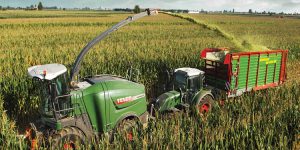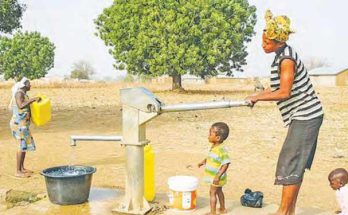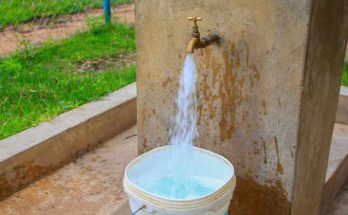 Ethiopia’s Ministry of Finance (MoF) has approved the tax reform policy that looks to exempt agricultural mechanization, irrigation and animal feed technologies and equipment from import duties.
Ethiopia’s Ministry of Finance (MoF) has approved the tax reform policy that looks to exempt agricultural mechanization, irrigation and animal feed technologies and equipment from import duties.
The tax reform policy was initiated by the Ethiopian Agricultural Transformation Agency (ATA) in close collaboration with the Ministry of Agriculture (MoA), reports Addis Standard.
The ministry of agriculture and ATA conducted a cost-benefit analysis and identified and listed the equipment to be imported tax-free aimed at improving food security in the country.
“Based on the study recommendation by ATA, the Agricultural Transformation Council provided direction to facilitate farmers’ access to agricultural technologies which will ensure food security at the household level and national nutrition development,” ATA said.
The duty and taxes where exempted on imports of farming machinery, irrigation and drainage equipment as well as animal feed ingredients and technologies to escalate the agriculture sector is the aim of the tax reform.
The development also seeks to provide incentives to investments to enhance the importation and local production of these technologies.
A transformation from small-scale subsistence farms to mechanized, more commercially viable farms has been identified as a major contributor to food security in the country.
Without mechanized agriculture, productivity suffers drastically, notes the Alliance for a Green Revolution in Africa, an organization funded by the Bill & Melinda Gates and Rockefeller Foundations that seeks to boost agricultural transformation and improve food security in Africa.
According to the African Development Bank (AfDB), Africa currently spends about US$35 billion annually on food imports with the bank projecting that if the current trend continues, food imports could rise to $110 billion by 2050.
There are Technologies to achieve Africa’s green revolution but they are mostly just sitting on the shelves.
The provocation is a lack of encouragement policies to ensure that they are scaled up to reach millions of farmers,” says AfDB president Akinwumi Adesina.
In 2018, the Malabo Montpellier Panel (MMP), a group of African and international experts, listed 12 African countries as having demonstrated strong growth in mechanized agriculture and consequently achieved higher output.
This included Ethiopia, Malawi, Mali, Morocco, Rwanda, Tanzania and Zambia.
The report recommends using public-private partnerships to develop local machinery industries to ensure affordable and appropriate technology is in use.
It also recommends incentive’s the private sector to invest in mechanization through tax waivers and smart subsidies.



